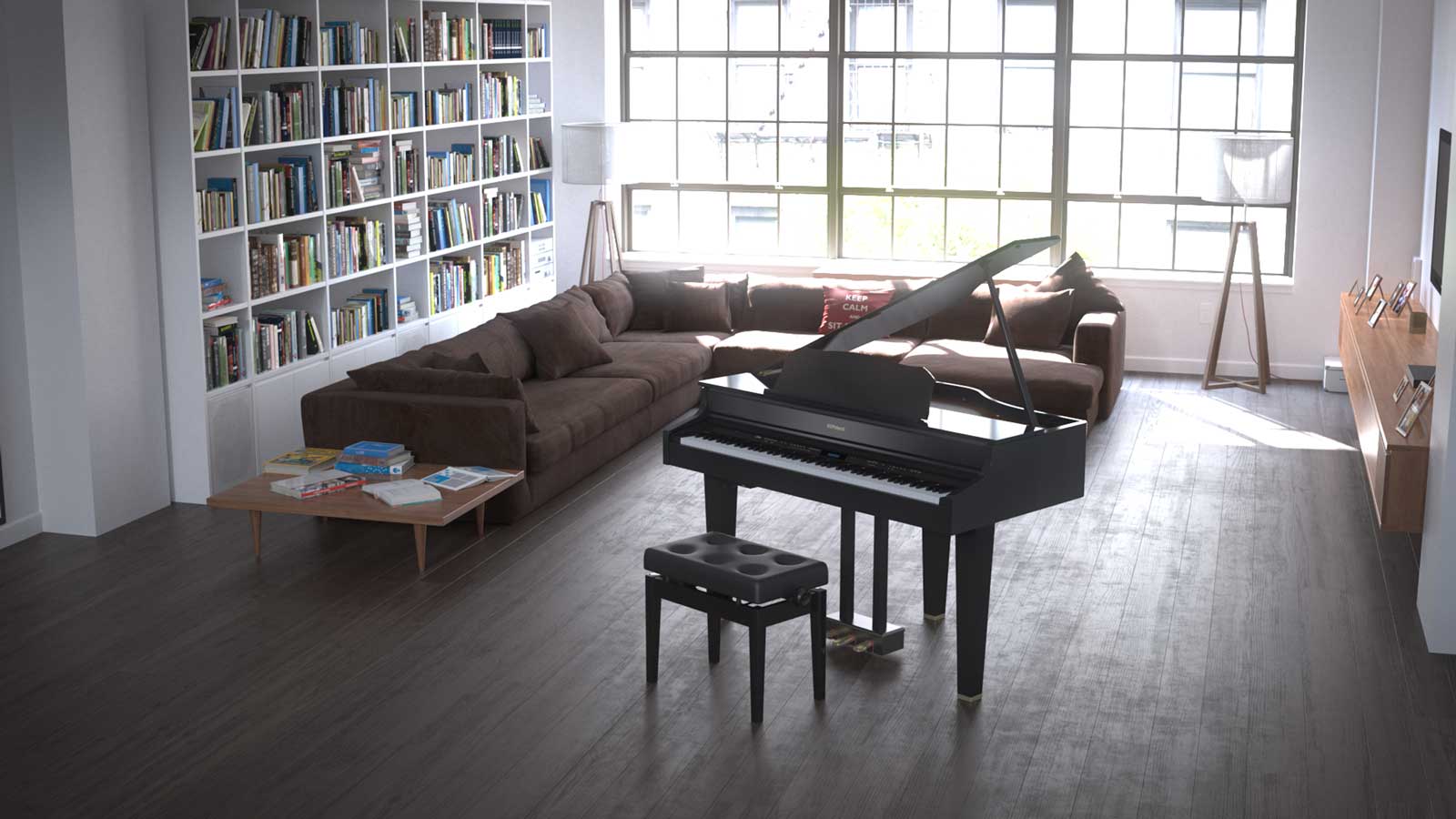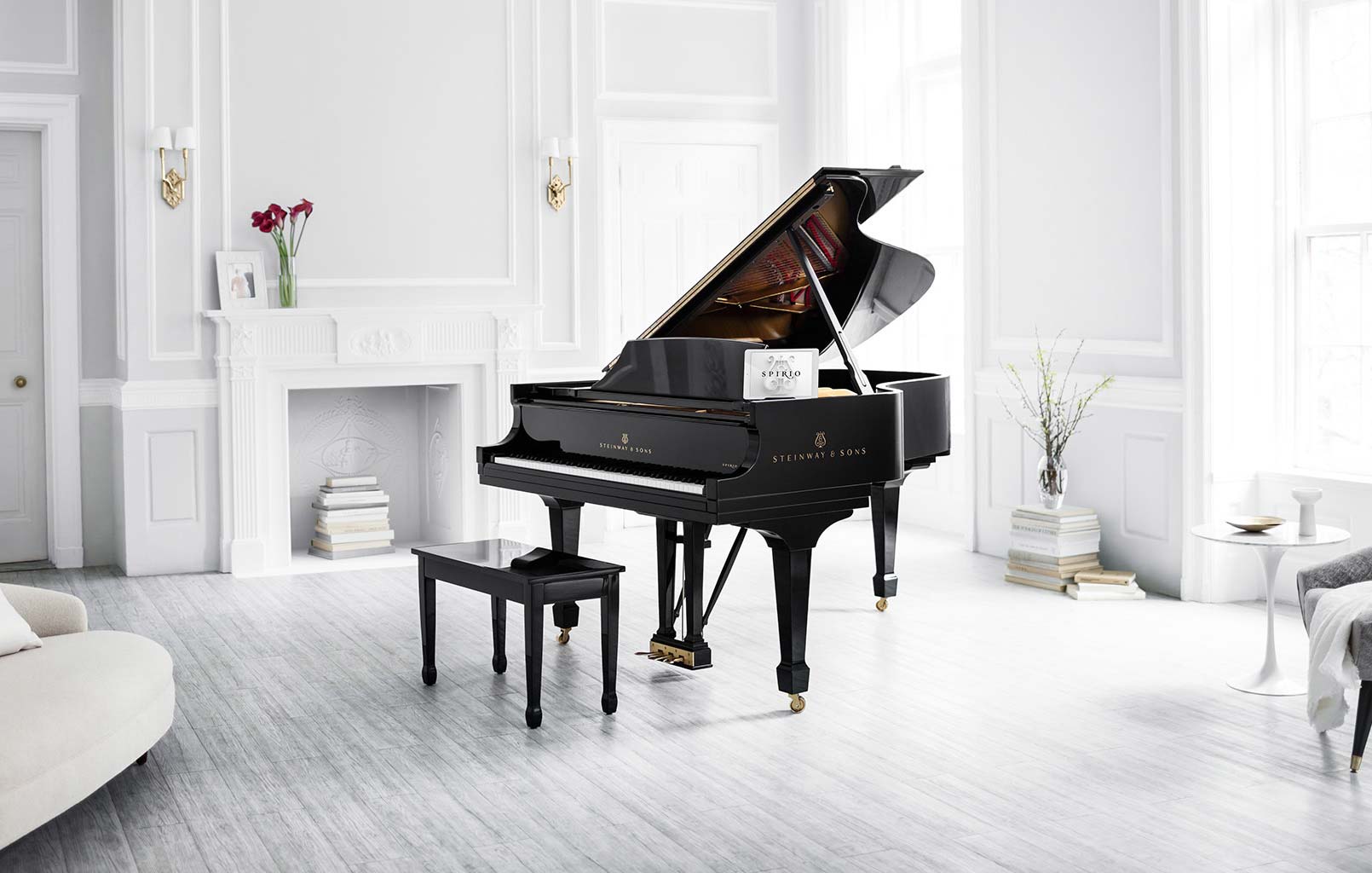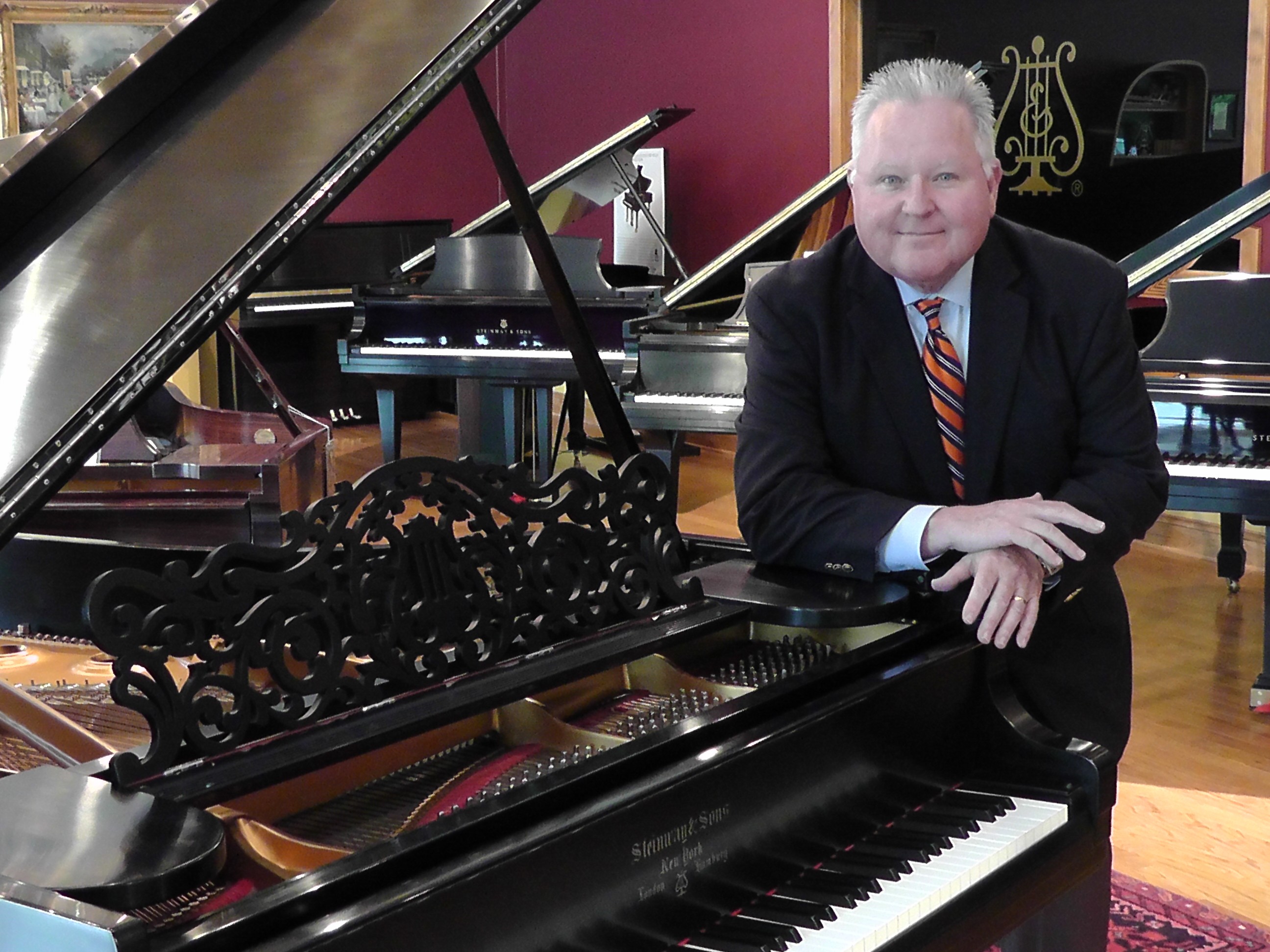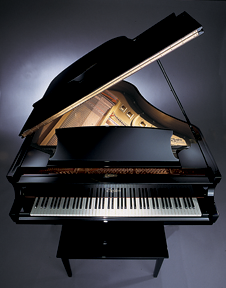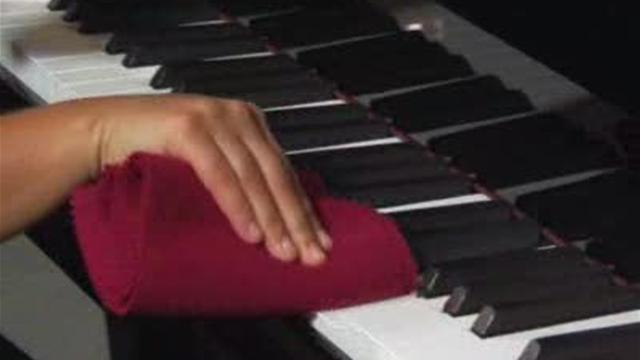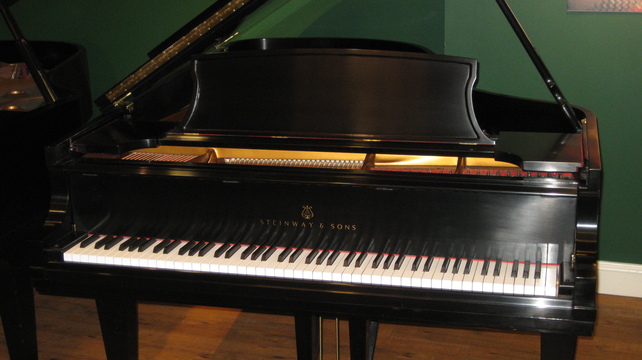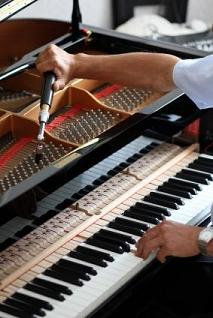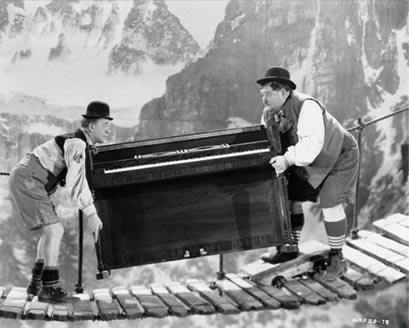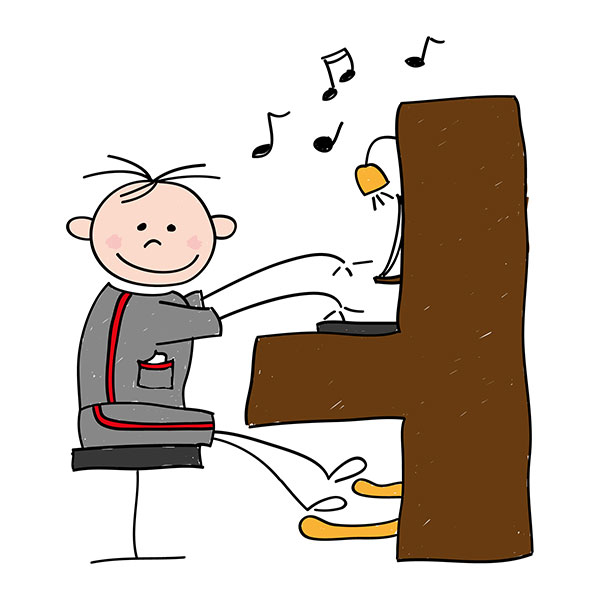Think you’re too old to learn piano? Learning to play piano as an adult has many advantages.
Contributed by Belinda Williams for the Roland Australia Blog
It might feel like you’re behind the eight ball when choosing to learn piano as an adult, but the opposite is actually true. The benefits of learning piano as an adult can be incredibly rewarding and you might discover things you never expected.
You’re the boss and you can choose how you learn
As adults, we all have so many responsibilities including work, family and parenting. Life can often feel like an endless list of to-do tasks. That’s the refreshing thing about learning piano as an adult. You’re learning because you want to, not because someone told you to!
When you decide to learn piano as an adult you’re in control of the entire experience. You can choose when and how you practice and what sort of songs you play. For more on what to expect when learning piano as an adult, you can also read our blog post here.
Learning piano as an adult is good for you
So often as adults we’re told to do things because they are good for us: exercise, the right amount of sleep, eating well . . . the list goes on. One of the benefits of learning to play piano as an adult is that not only is it fun, it’s good for you too. Sitting down to play a tune after a long day at work can be a great stress reliever. I find that as someone who is an over-thinker and a worrier, nothing beats playing piano to keep me in the moment and to give me a much-needed break.
Scientists have also found that learning a musical instrument when you’re an adult helps to make the brain more efficient. This even extends to protecting against dementia as we get older. So it really doesn’t matter how old you are, the piano is an instrument you can play for life
Piano can be a fun, creative outlet – even for adults
When was the last time you did something because it was fun? Often as adults we forget to make time for fun like we did as kids and piano can be a great way to factor some play time into your life.
Piano also allows you to be creative with absolutely no demands. As a writer, my professional life is creative, but that comes with deadlines and demands. Nothing beats being creative just for creativity’s sake. Often at the end of a busy day of writing, I’ll play piano and sometimes I’ll even end up writing a new song just because I can! Even if your job isn’t creative, piano can be a fantastic outlet to let your creative juices flow outside of work.
There’s no pressure when you learn piano as an adult
Possibly one of the best things about learning piano as an adult is there’s no pressure. You only have to pass an exam or perform if you want to. Everything else is up to you. In fact, when else in life can you choose to follow your heart without any risks? If you’re considering learning piano as an adult, I recommend seizing the day.
About Belinda Williams
Belinda is a pianist, songwriter and singer who performs in a cover band whenever the opportunity allows. By day, she writes professionally as a marketing copywriter and fiction author. She enjoys nothing better than combining her love for music and love for words.

